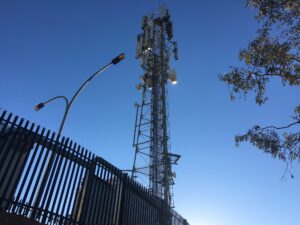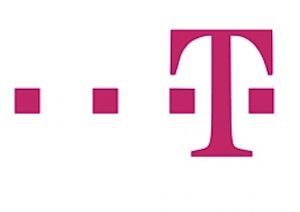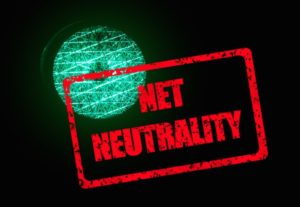FCC Backs Net Neutrality
Federal Communications Commission Chair Julius Genachowski proposed two rules Monday that would preserve the Internet's status quo of openness and equality. If the rules are adopted, Internet service providers -- including mobile carriers -- would be barred from restricting or blocking access to "lawful" content.
Federal Communications Commission Chair Julius Genachowski proposed two rules Monday that would preserve the Internet’s status quo of openness and equality. If the rules are adopted, Internet service providers — including mobile carriers — would be barred from restricting or blocking access to “lawful” content.
The rules, which the GOP opposes, could have widespread impact.
ISPs have been pushing for a multi-tier system, claiming that services like YouTube tax their networks too heavily and therefore should have to pay. They would like to charge Google and other major players a tithe in order to ensure that those big sites and services remained readily accessible; smaller sites that couldn’t pay up would be stuck in the slow lane. A multi-tier system would be a windfall for service providers, which already charge end users hefty monthly fees for Internet access.
In the U.S., those fees mostly pay for unlimited access. But some companies have sought to crack down on those who heavily use their services. Comcast got in trouble with the FCC for secretly throttling heavy downloaders. The case is still in court, but the FCC would like to block Comcast and other companies from taking such action against heavy users. That prohibition is part of the FCC’s proposed rules.
There is a caveat. Genachowski’s use of the word lawful leaves the door open for ISPs to crack down on file sharers who eat up a lot of bandwidth trading copies of movies and software. Banning illegal activity isn’t an outrageous idea, but it does wade into murky water where the Internet is concerned. Do you let ISPs block access to a site about marijuana because marijuana possession is illegal? What about child pornography? Who would make these decisions and who would hold companies and individuals accountable?
The proposed rules are in keeping with past principles, but they are significant in that they would cover wireless providers. The “smart phone” market is booming, and with it mobile Internet use. All those iPhones put a burden on AT&T’s data network, but, it should be noted, the company charges a considerable monthly fee for unlimited access.
The FCC recently made headlines by investigating Apple’s rejection of a Google iPhone app. Apple has in the past required developers to cripple their iPhone applications in order to relieve the strain on AT&T’s network. Other applications, such as Google Voice, just got the ax.
The FCC proposals don’t say whether that’s OK. They do give an indication of the commission’s thinking and would guarantee you mostly unfettered access to the Internet, whether you’re on your computer or your phone. — PS
Your support matters…Independent journalism is under threat and overshadowed by heavily funded mainstream media.
You can help level the playing field. Become a member.
Your tax-deductible contribution keeps us digging beneath the headlines to give you thought-provoking, investigative reporting and analysis that unearths what's really happening- without compromise.
Give today to support our courageous, independent journalists.





You need to be a supporter to comment.
There are currently no responses to this article.
Be the first to respond.